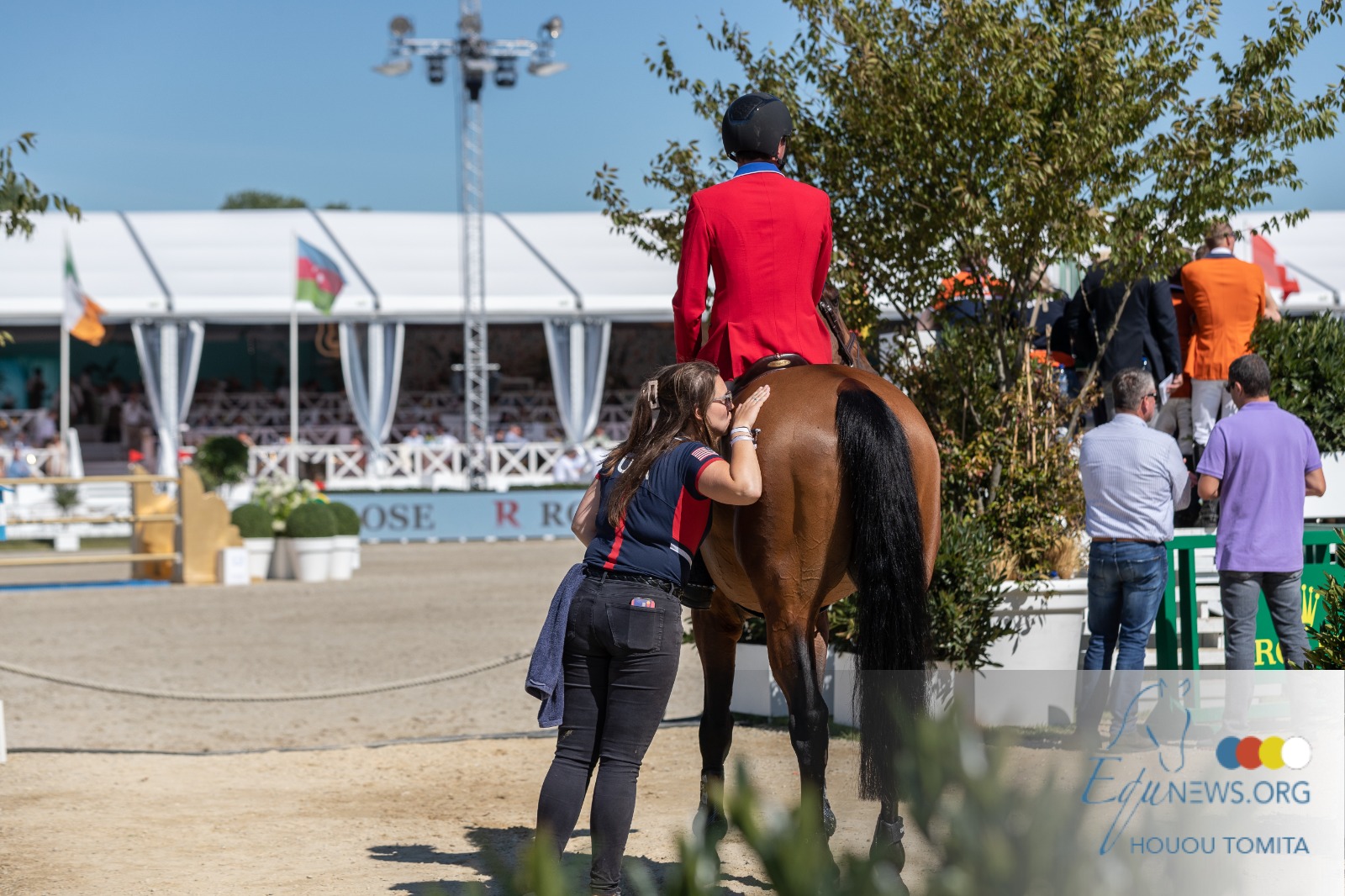In the bustling world of equestrian sports, grooms stand as unsung heroes behind the scenes, dedicating their expertise to the care and welfare of horses. However, recent studies shed light on persistent challenges faced by these essential workers, particularly concerning career recognition and working conditions. Despite efforts by organizations like the FEI to improve their status, the effectiveness of such initiatives remains under scrutiny.
Let's focus on the study authored by Susanna L. Ole and Inga A. Wolframm. Taken at the Van Hall Larenstein University of Applied Sciences, the pair cased the study 'Are current efforts to prevent grooms from leaving the industry effective?', which can be found fully here: full study
Delving into the heart of the matter, recent research underscores a disconcerting reality: a significant portion of grooms, as revealed by a comprehensive study, fail to perceive the relevance of existing initiatives aimed at enhancing their professional standing and workplace environment. Conducted by experts at the Van Hall Larenstein University of Applied Sciences, this study paints a sobering picture of the grooming industry's struggles.
ALSO READ: Asia Alboszta on her job as a groom: "It's more than a job, it's our whole life"
The grooming sector, despite its indispensable role, grapples with a continuous exodus of experienced practitioners. Factors such as inadequate remuneration, substandard working conditions, and a lack of respect towards the profession contribute to this alarming trend. In response, governing bodies like the FEI have launched various initiatives, including the formation of the International Grooms Association (IGA) and prestigious awards like the FEI Cavalor Best Groom Award.
However, the study's findings cast doubt on the efficacy of these efforts. Analysis based on established behavioral models reveals a gap between the intended impact of initiatives and the perceptions of grooms themselves. Critical issues, including the mental and physical strain of the job and insufficient compensation, remain largely unaddressed. Moreover, the study highlights a disconnect between the initiatives and the practical needs of grooms, indicating a systemic failure in recognizing and responding to their concerns.
In conclusion, the challenges faced by grooms in the equestrian industry demand urgent attention and meaningful action. While well-intentioned, current initiatives spearheaded by organizations like the FEI fall short of adequately addressing the root causes of dissatisfaction among grooms. Moving forward, a holistic approach that prioritizes the welfare and professional recognition of grooms is imperative. By bridging the gap between rhetoric and reality, stakeholders can pave the way for a more sustainable and inclusive future for all those involved in the noble pursuit of equine excellence.

